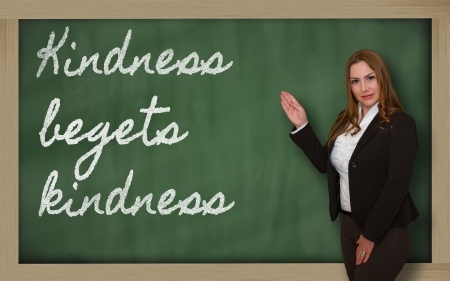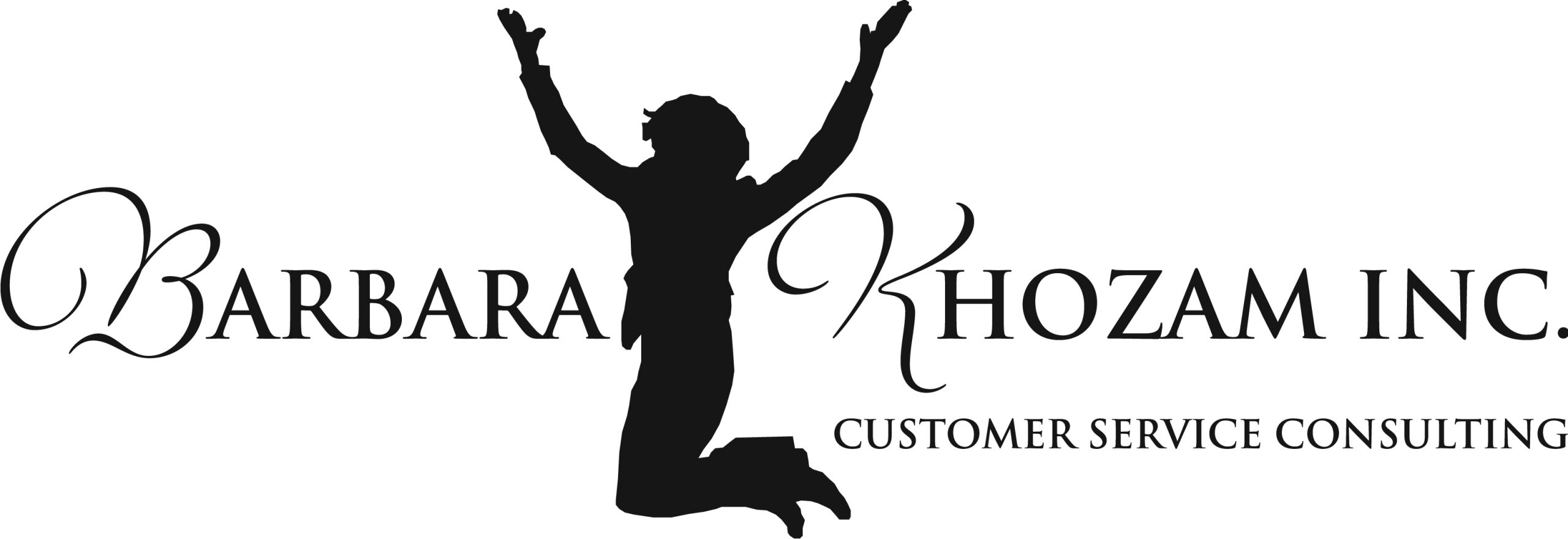Lately, I’ve been thinking a lot about kindness and whether or not it can be taught to customer service representatives. Why is it that in a professional setting, one service representative can treat customers with kindness and helpfulness while other reps could care less by acting rude and unhelpful? While it makes sense to me that not everyone around us is inherently kind, empathetic and yearns to help, it makes absolutely no sense to see a total disregard to kindness in professional customer service agents. So, is it possible to teach kindness in the field of customer service? Real world story: When I was growing up, kindness, respect, empathy and helpfulness were taught at home by my parents. And they led by example and held us kids 
- Gratitude: When you ask them how they relieve stress, do they mention the things they are grateful for? When you ask them about their failures, do they mention the lessons they learned and how thankful they are for learning them?
- Empathy: When you ask them what they would say if someone said, “My stomach is killing me?” Do they say, “What did you eat?” Or do they say, “I’m so sorry your stomach hurts. How long has it been hurting?”
- Kindness: How do they treat the janitor, their co-worker, a waitress, or you? Ask situational questions and listen carefully to their answers.
- Team player: When candidates have free time, do they offer to help an overworked or stressed out co-worker?
- Lifelong learner: Do they actively seek out knowledge and training?
Remember: For many people, kindness, courtesy and compassion are learned at an early age through parents and teachers who lead by example and who reinforce the principles. However, knowledge does not always equal action. If people have the right foundation and attitude, they can usually be trained on how to deliver extraordinary service. This not only satisfies the employee, it satisfies the customer—and isn’t that what it’s all about? What are YOUR thoughts on training people on kindness? Please share in the comments section below.
